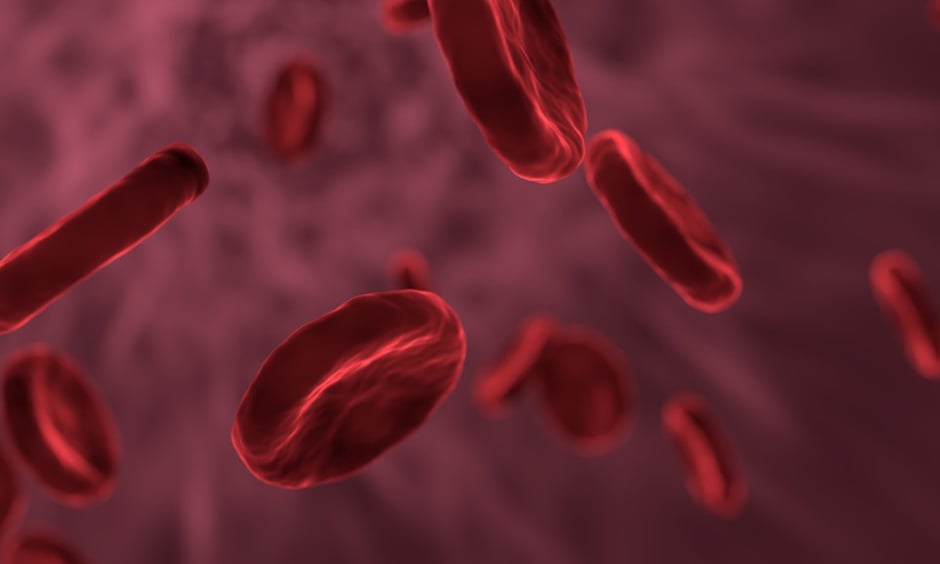BIOMARKERS of fatty liver disease have been discovered by a group of researchers from the University of California, California, USA and the University of Sydney, Sydney, Australia. They found that the lipid profile in the blood can predict toxic fat build up in the liver, which is an early sign of fatty liver disease. These predictors could be used to improve early diagnosis and treatment of the condition which is affecting 40% of adults over the age of 50.
The researchers studied the lipid regulatory networks of 107 mouse strains and identified plasma lipid signatures in the blood that predict a build-up of toxic fat in the liver. They also identified links to molecules that aid the development of the disease, which could be targeted in the development of drug treatments.
Brian Drew, Department of Medicine, Monash University, Melbourne, Australia, spoke about the discovery: “We have identified a group of fats in the blood that may be reflective of fatty liver disease progression…We are hoping that this discovery might lead to a blood test to avoid invasive biopsy or surgery to determine those most at risk of advanced fatty liver disease.”
Fat accumulation occurs in the liver because of genetic and environmental causes. There is a high prevalence of fatty liver disease in developed societies, with an estimated 1/3 adults in the UK showing early signs of the disease. The condition is increasing the need for liver transplants and causing further illness, such as diabetes, heart disease, and liver cancer. Experts have described the disease as an epidemic which is expected to be the highest cause for liver transplants in the next decade.
The current options for diagnosis and treatment are limited; however, the researchers are hopeful that this research will aid the development of drugs. Dr Anna Calkin, Baker Heart & Diabetes Institute, Melbourne, Australia, spoke about the promising findings: “We need to identify new targets for drug development, and this new study has provided some promising early stage results….Our next step will be to use bigger data sets to further solidify these results.”








